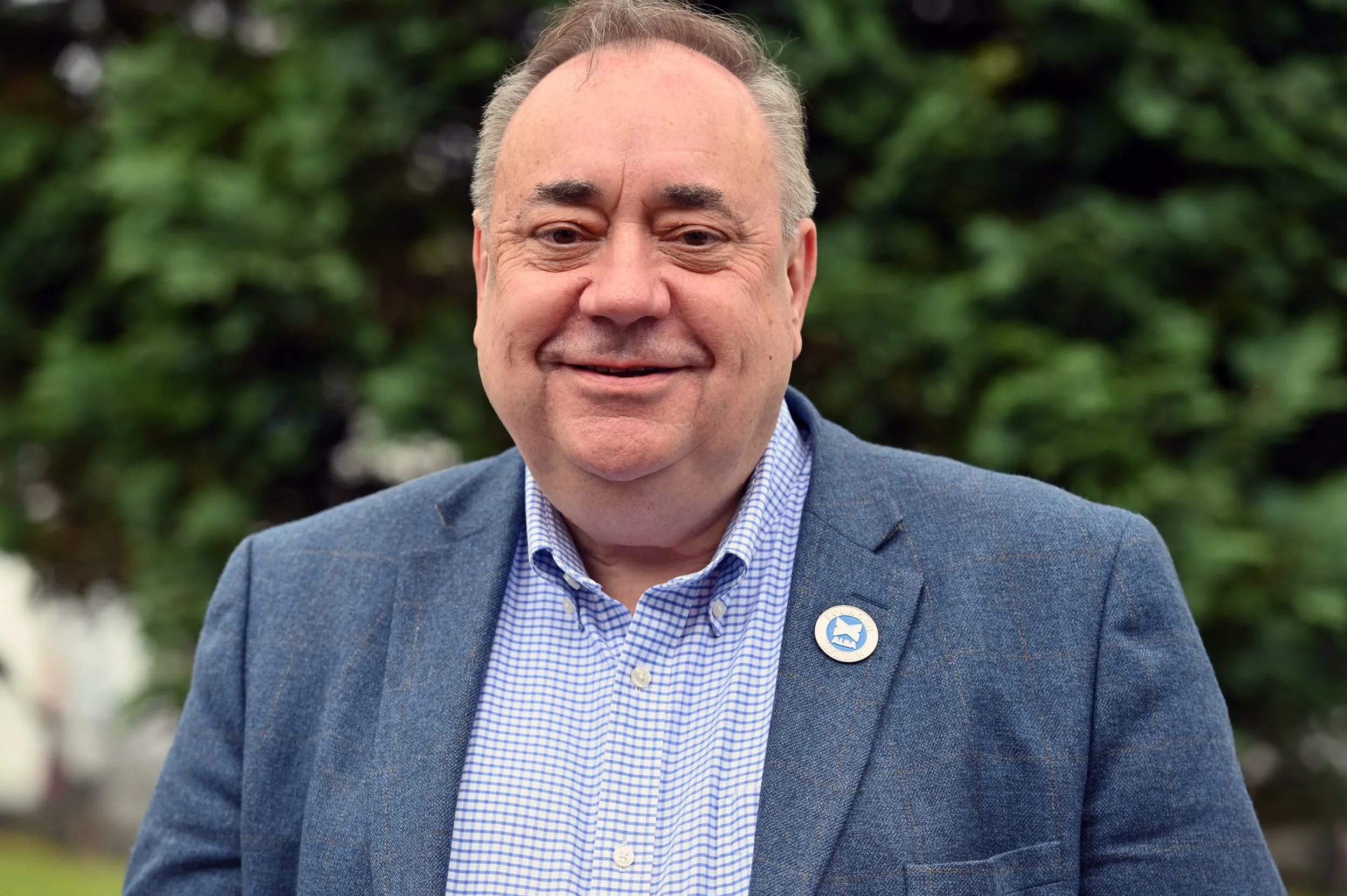Alex Salmond, the influential Scottish politician who led Scotland to the brink of independence and served as First Minister for seven years, has passed away at the age of 69. Salmond was a key figure in Scottish and UK politics, helping to shape the Scottish National Party (SNP) and boost support for Scottish independence.
Salmond passed away on Saturday after reportedly collapsing following a speech in North Macedonia. He leaves behind a political legacy marked by his passionate advocacy for Scottish sovereignty and a deep commitment to his country’s culture and history.
A Key Architect of Scottish Independence Movement
Salmond’s career was defined by his dedication to Scottish independence. He served as First Minister of Scotland from 2007 to 2014, during which time he spearheaded the campaign for the 2014 Scottish independence referendum. Although Scotland ultimately voted 55% to 45% to remain part of the United Kingdom, Salmond’s efforts galvanized a new era of Scottish politics and brought the independence movement to the forefront of British political discourse.
Salmond’s leadership helped turn the SNP from a relatively minor political force into the dominant party in Holyrood, Scotland’s devolved parliament. His ability to connect with voters and effectively debate the case for independence made him a towering figure in Scottish politics.
Political Tributes
Following the news of Salmond’s death, tributes poured in from across the political spectrum. UK Prime Minister Keir Starmer praised Salmond as a monumental figure in Scottish and British politics, stating, “He leaves behind a lasting legacy. He cared deeply about Scotland’s heritage, history, and culture, as well as the communities he represented.”
Salmond’s achievements in transforming Scottish politics were also acknowledged by colleagues and rivals alike, many of whom highlighted his skill as a debater and strategist.
A Tumultuous End to His Career
Salmond’s later years were marred by controversy. In 2020, he faced allegations of sexual assault, including an attempted rape charge, stemming from his time as First Minister. After a highly publicized trial, Salmond was cleared of all charges. Despite being acquitted, the allegations and the trial took a toll on his public image and strained his relationship with his former political ally and successor, Nicola Sturgeon.
In 2021, Salmond launched the Alba Party, an effort to further the cause of Scottish independence. However, the party failed to gain significant electoral traction. His later career also saw him court controversy for hosting a talk show on RT, a Russian state-sponsored television network, which drew criticism during times of heightened tensions between the West and Russia.
Personal Life and Early Career
Born in Linlithgow in 1954, Salmond joined the SNP as a student and was part of a socialist faction that sought to radicalize the party’s direction in the early 1980s. After being temporarily expelled from the SNP in 1982, Salmond was quickly reinstated and rose through the ranks of the party. He served two separate terms as SNP leader—from 1990 to 2000, and from 2004 to 2014—leaving an indelible mark on the party and Scottish politics.
Before fully entering politics, Salmond worked as an economist at both the Scottish government’s agriculture department and the Royal Bank of Scotland. His deep knowledge of economic issues would later inform much of his political strategy, particularly in advocating for the financial viability of an independent Scotland.
Salmond is survived by his wife, Moira McGlashan, whom he married in 1981.










